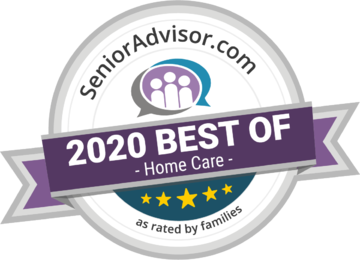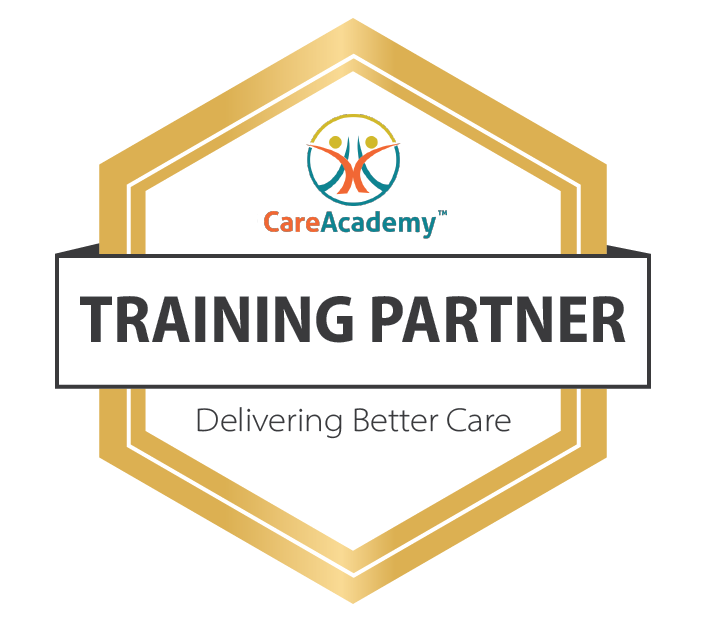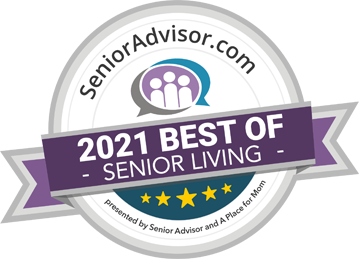How to Apply for Medicaid in Pennsylvania?
Welcome everybody to the Wellsprings Home Care Podcast. I'm your host, Justin Currie, my two four legged co-hosts are not with me today even though we're working from home during this quarantine. I wanted to jump into announcing our Best of Home Chttps://wellspringshomecare.com/home-care-services/dementia-careare Award because we're [...]



